MUHC in the Media - October 13, 2025
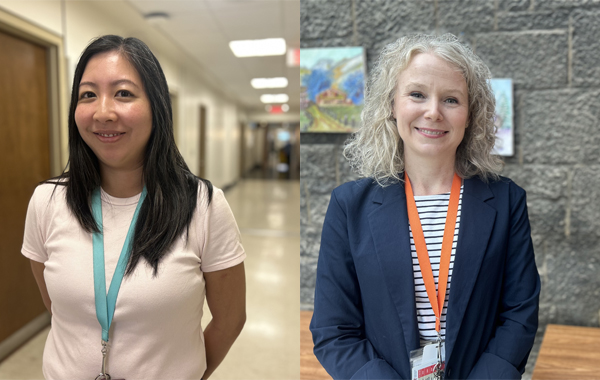
Epilepsy under the microscope at The Neuro
The journey of 25-year-old Gabrielle Morneau in the epilepsy monitoring unit at The Neuro was anything but easy. She was determined to find out exactly where in her brain her seizures, which she has had since she was six weeks old, originate. To achieve this, she had to temporarily stop her medication, undergo sleep deprivation and be placed under continuous monitoring. “Some people find the experience particularly difficult,” says Annik Plamondon, nurse manager at The Neuro. Thanks to the dedicated care provided by The Neuro teams, Gabrielle was able to get some answers. Neurologist Dr. Raluca Pana and Nurse Chun-Ip Koo are also featured in this article from La Presse.
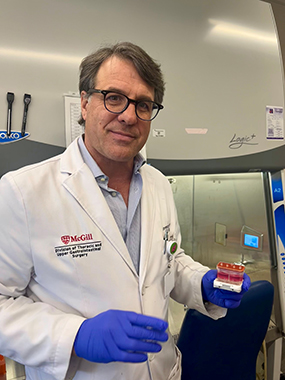
Why 'organ chips' could transform cancer treatment and drug testing
An experimental tool, known as an organ chip, recreates and grows a patient’s tumour and surrounding tissues to test how it may respond to treatment. "We showed that we can determine which drugs are effective in that organ chip in four to six weeks and that's the timeline that's important for patients' treatment, " says Lorenzo Ferri, director of thoracic and upper gastrointestinal surgery at the McGill University Health Centre. CBC News
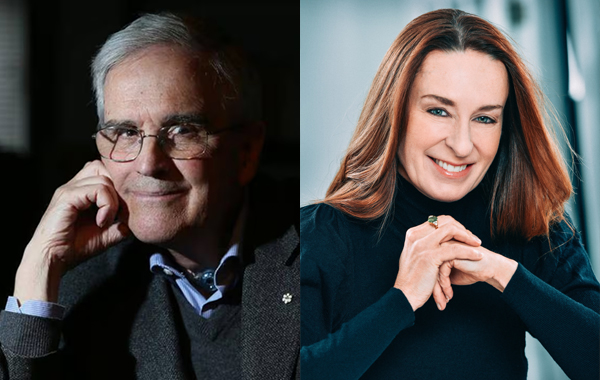
Montreal physician Balfour Mount created the world's first palliative care unit
“His legacy lives on not only in Montreal, but around the world,” said Dr. Lucie Opatrny, President and CEO of the MUHC, in an article in the Journal de Montréal.

Misinformation about autism and acetaminophen worries mothers
False information claiming that taking acetaminophen during pregnancy causes autism in babies has led many mothers of autistic children to feel unjustified guilt. The science is clear: taking acetaminophen during pregnancy is safe, and avoiding it could have serious consequences, explains Dr. Karen Wou, an obstetrician-gynecologist at the Women's Health Mission of the Montreal Children's Hospital and McGill University Health Centre. The Canadian Press
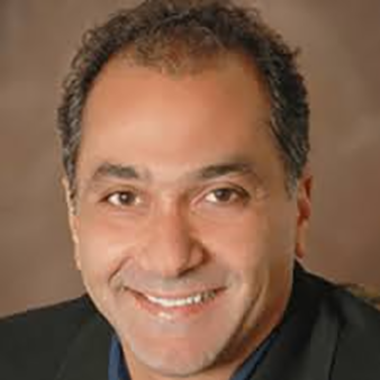
Donating a kidney to a stranger to save his mother's life
Tyler Dupp donated a kidney to a total stranger to secure a compatible kidney for his mom, Mary Reid. Tyler and his mother participated in the Kidney Paired Donation Program, a system that allows a person who is not directly compatible with their transplant candidate to become a living kidney donor and ensure that their candidate can still receive the kidney they need. “This program has made it possible to perform a significant number of transplants in Canada that would not have been possible before,” explains Dr. Sam Shemie, medical director of the pediatric intensive care unit at the Montreal Children's Hospital. Toronto Star
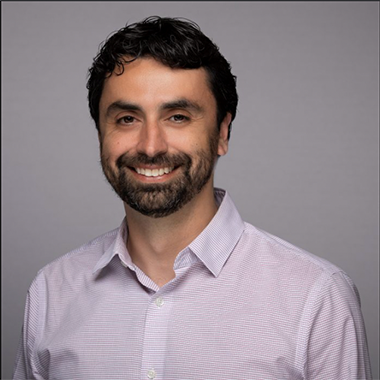
End of free COVID-19 vaccines for most of the population
After analyzing the economic and health issues, the Quebec Immunization Committee recommended that only certain vulnerable groups receive the vaccine free of charge, explains Dr. Jesse Papenburg, pediatric infectious disease specialist and medical microbiologist at the Montreal Children's Hospital. CTV News
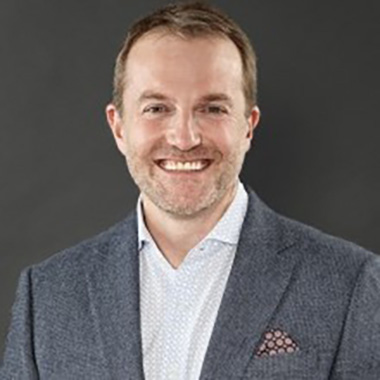
Where are the defibrillators?
Dr. François de Champlain, an emergency physician and trauma team leader at the MUHC, advocates for the widespread distribution of AEDs throughout Quebec for reasons that go beyond his profession. Radio-Canada
